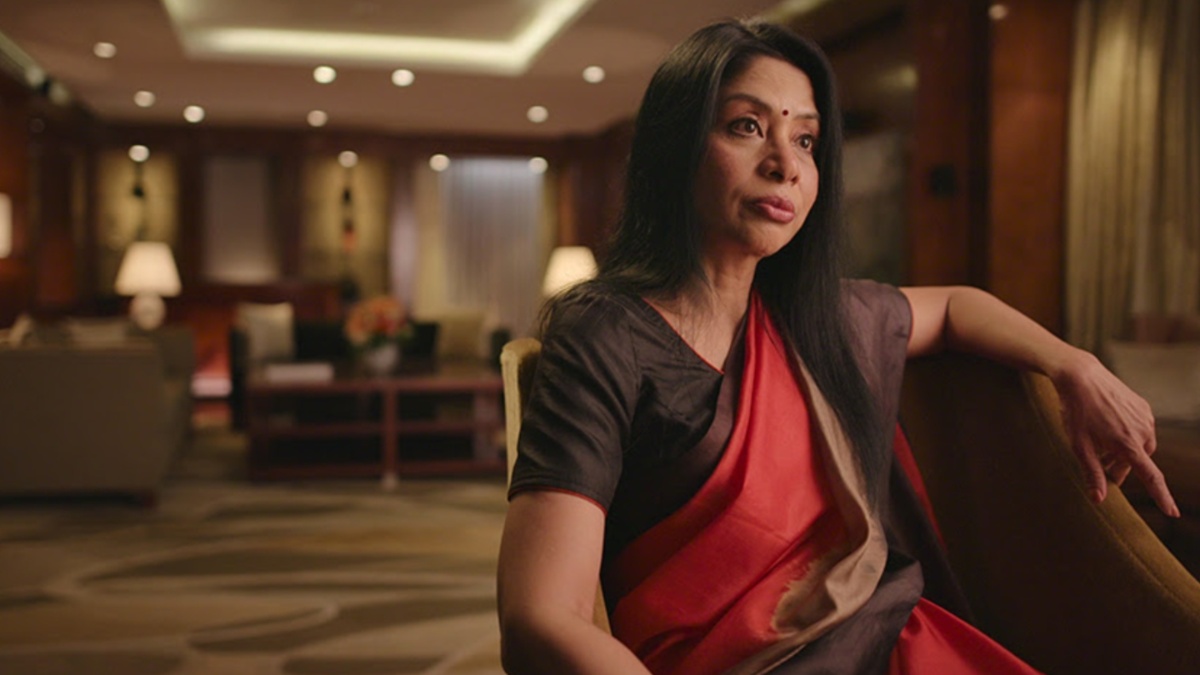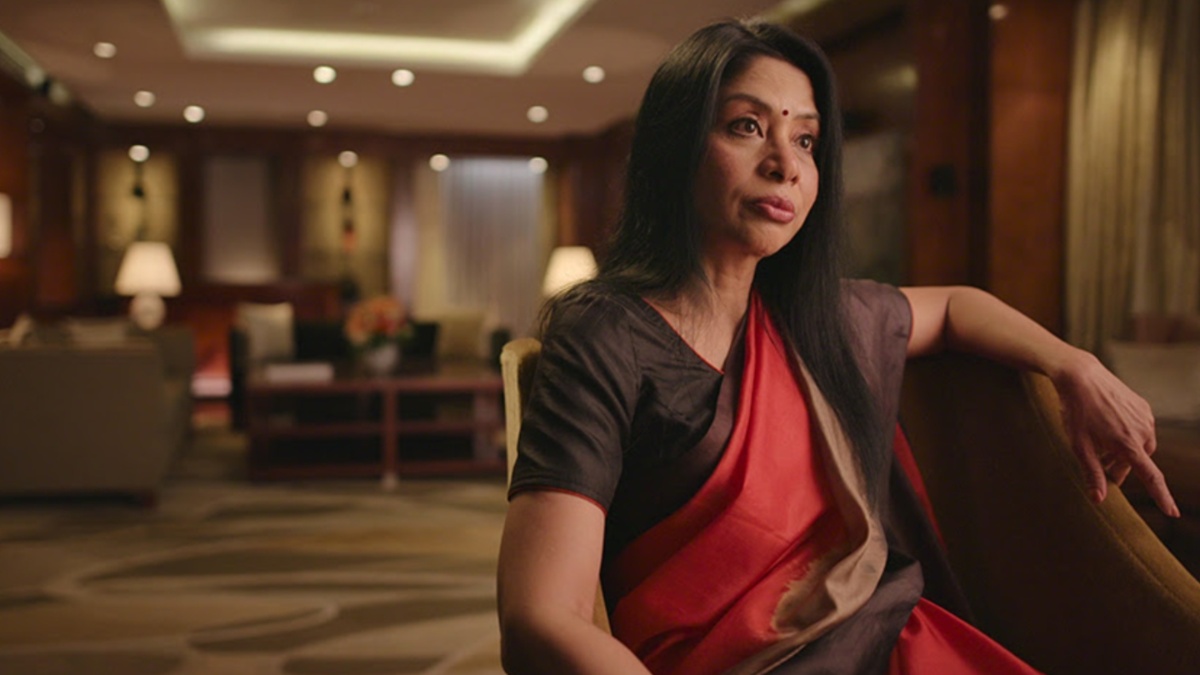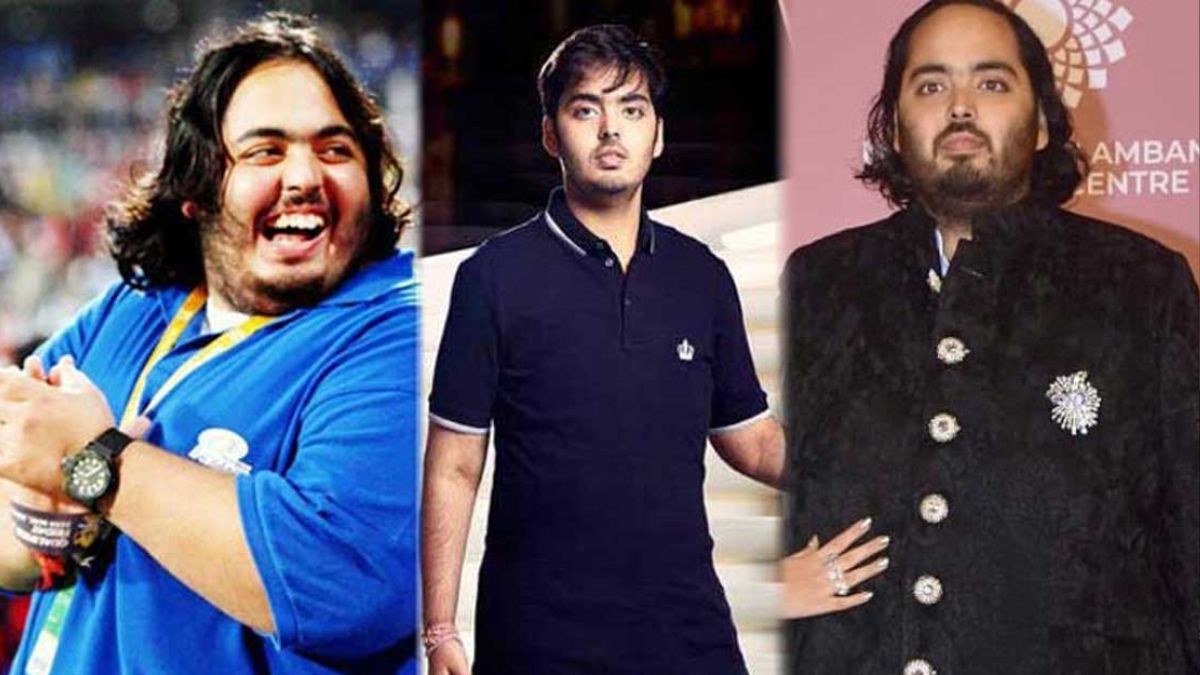Language: Malayalam
When Nitin, a little boy in a Kerala school, narrates the story of a murder to classmates with disconcerting detail and adult-sounding observations, a child psychologist, Dr Shalini, is called in to speak to him. Nitin’s mother Sharmila is furious that what she sees as his unshackled imagination has caused so much concern. She agrees to cooperate with Shalini only after the doctor’s friend John Baby informs her that the protocol would in fact be to alert the police to Nitin’s vivid account of a killing.
The wheels of Nizhal (Shadow) are oiled by the question of whether Nitin is conjuring up fiction or regurgitating images buried deep in his inner self, whether he actually witnessed a crime or is visited by supernatural forces.
This intriguing premise is half the battle won for Nizhal, with which award-winning editor Appu N. Bhattathiri makes his debut as a feature director. The film also marks one of the now-infrequent forays into Malayalam cinema by the Tamil-Telugu cinema superstar Nayanthara, who plays Sharmila.
The film, written by S. Sanjeev, begins with an automobile accident in the dead of night. We learn shortly that John Baby (Kunchacko Boban), who is a First Class Judicial Magistrate, was one of the persons involved in the mishap. When we first see him, he is wearing a face guard to give his nose fracture time to heal.
John soon starts having hallucinations and is diagnosed with Post Traumatic Stress Disorder (PTSD). He decides to get a second opinion from Dr Shalini (Divyaprabha). It is at this meeting that she mentions Nitin (Izin Hash).
From the word go, Nizhal moves at a measured pace that is largely undisrupted until the few frenzied minutes of the climax. The unhurried narrative style, complemented by Abhishek S. Bhattathiri’s subdued sound design and an eerie background score, calls for patience from the viewer. For those willing to submit to that demand, there isn’t a single big reveal near the finish line but revelations at regular intervals – not one big “wow” moment, but several smaller moments of “oh my!”
Such a low-key style is risky for a genre in which audiences are accustomed to acceleration at least when twists emerge. Bhattathiri, however, remains committed to his tempo till the end, his cast plays along, and it works as long as the story is about the workings of the subconscious mind and the origin of Nitin’s stories (there is more than one). What pulls Nizhal down is carelessness in other areas of the script.
In retrospect, it feels like the entire opening was a contrivance to get John and Shalini talking so that she could cite Nitin in a by-the-way fashion. It beats me why the writer was not satisfied with a simple phone call from her to him. Of course the accident gives the film an excuse to stick an interesting face brace on Kunchacko that gets a reaction wherever he goes. This would have been fine if it simply went into giving him some colour or establishing his background and present circumstances. Instead, again in retrospect, it feels like gimmickry or an over-stretched red herring because John pointedly suggests a link between his situation – the hallucinations and his general feeling of disquiet – and Nitin’s dreams, but ultimately that comes to nought.
All this also comes across as a long-drawn-out explanation for why Shalini risks bringing John into the case– he is after all a judicial officer, meaning, he is part of the ‘system’ and there is no telling when a conflict of interest might compel him to do what may be unacceptable to the child’s doctor. As it is, he gives Sharmila an extra-legal reason to convince her that his involvement is for Nitin’s good.
And why is John so keen to be involved? When hauled up for certain unacceptable conduct, he supplies an excuse to the Chief Judicial Magistrate (Saiju Kurup). The real reason lies in his flimsy claim made to another person that he believes there is a connection between his issues and Nitin’s tales. Unconvincing.
These and other loose threads have left me with a gnawing sense of dissatisfaction though I enjoyed the role of psychology in the drama. Indian cinema has often been accused of not getting its science right but Nizhal has clearly done its research –academic papers available online back the film’s understanding of the subconscious.
Although the role of Sharmila is not expansive enough or challenging enough to merit the casting of a stalwart like Nayanthara, it is a vast improvement on her last Malayalam film, Love Action Drama , which marginalised the female lead completely. To its credit, Nizhal gives her its toned-down version of a “grand entry” that is usually accorded to popular male artistes in commercial Indian cinema. She and the rest of the cast are competent in the film even if not scintillating.
Sharmila, we are told, is a big shot in the field of motion graphics. In objecting to the school’s worries about Nitin, she raises a valid point about the prejudice faced by single parents, especially professionally successful mothers, in reality. This matter is not often highlighted by Indian cinema or the public discourse, so bravo Team Nizhal.
In an earlier episode, a husband laughingly but not disrespectfully describes his wife as being a straight talker, and we get the picture that she is tough and smart. When she gets home he offers her an alcoholic drink in his friend’s presence, which is not something you often see in a Kerala home. She turns down the offer and asks for tea instead, in exactly the way a husband might ask his wife for a beverage. So far so good. But his awkward response gives the scene a conflicted air. Was it meant to be comedy? Is a wife asking a husband to serve her tea somehow funny? It’s hard to tell whether this is a case of bad acting or the social conditioning of those who conceptualised the scene unwittingly seeping in. Either way, what’s lost here is the potential of a scene featuring a rare gender/social role reversal in a Malayalam film.
Nizhal, therefore, is a mixed bag for me. Visually it looks somewhat artificial in its outdoor scenes. Though John’s session with a psychiatrist could have done with more well-informed writing, it’s nice to see Malayalam cinema increasingly referencing mental health problems. Nicer still that this film explores an aspect of the human psyche not commonly discussed in India. It also comes as a pleasant change when Nizhal acknowledges the possibility that an individual may well be comfortable with singledom and that two happily single people may bond without being romantically inclined to each other.
It’s a pity that Nizhal’s unusual premise wrestles with so many scripting flaws because the atmospherics in the narrative are on the ball and the mystery remains engaging till the finale. Oh well…
Rating:2.75 (out of 5 stars)
Nizhal is streaming on Amazon Prime Video


)




)
)
)
)
)
)
)
)